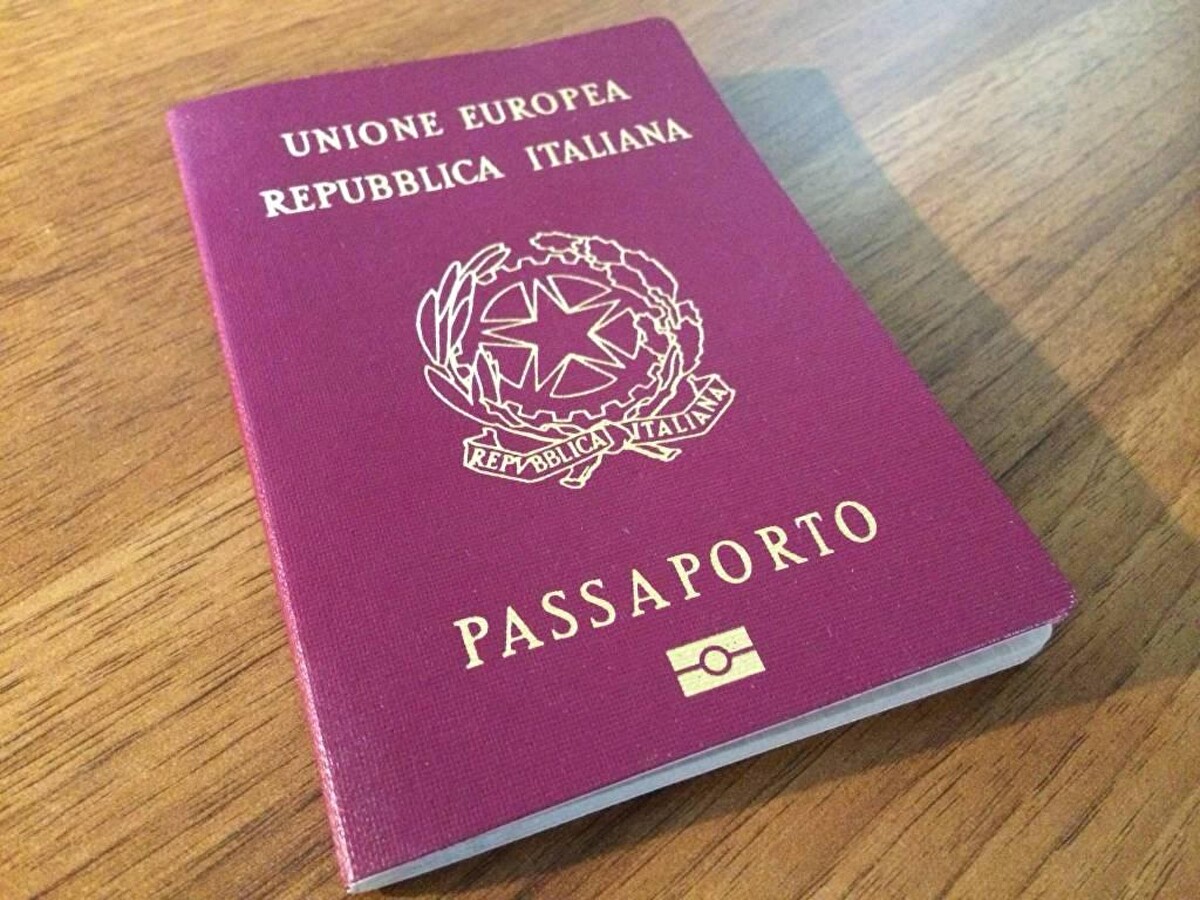At times, Americans may find themselves considering the steps required to gain citizenship in another country. The American Bar Association reports that U.S. immigration lawyers are currently handling an increased number of inquiries about securing a second passport or obtaining permanent residency overseas.
Given America’s unique cultural diversity, U.S. citizens have a wide range of countries to look to for inspiration when exploring options abroad.
In order to get citizenship in another country, the first thing to do is to contact the embassy or the consulate of the country you’re considering and ask if they offer the dual citizenship.
For instance, countries like Ireland and Italy have relatively straightforward criteria for individuals seeking dual citizenship.
If you’re angling for an Irish citizenship, anyone with an Irish-born grandparent qualifies for Irish citizenship, with ancestry providing the most direct route. Additional pathways to citizenship exist, but heritage remains the simplest and most efficient option.
According to the Department of Foreign Affairs, processing times for these applications typically range from 9 to 30 months, as the Irish government conducts a comprehensive and thorough background check on each applicant.
Once an Irish passport is obtained, the holder gains visa-free access to over 150 countries. Irish citizens can also enter EU nations (and the United Kingdom) using only an ID card, and are eligible to live and work freely within the EU and Ireland.
With regards to Italian citizenship, again family connections are the easiest paths to get it.
Children under 18 with an Italian parent automatically gain citizenship, while adults can claim it through a parent, grandparent, or great-grandparent. In some cases, Italian citizenship may extend to even older ancestors if they were born Italian citizens or eligible for citizenship.
Unlike Ireland, the process for Italian citizenship can take as little as six months, and applications must be submitted in person at a consulate.
Italian citizenship can also be obtained through marriage or long-term residency. As a member of the European Union, Italian citizens have the right to live and work in other EU countries.
Other countries with heritage-based citizenship pathways include Mexico, which requires at least one parent to be a citizen, as well as Germany, Austria, Spain, the Philippines, and the United Kingdom. Canada, however, does not offer this type of citizenship.
Additionally, private companies—often linked to investment opportunities—can sustain individuals determine which countries they may be eligible for citizenship in.
For those who don’t qualify for heritage-based citizenship, there are alternatives such as “golden passports,” which require significant financial investment. Countries like Italy, Greece, Portugal, Malta, and several Caribbean nations offer residency and eventual citizenship through real estate purchases or financial contributions. Digital nomad visas, allowing remote work in another country, are also available in 58 countries. Most of these options require private health insurance. In an extreme case, individuals can renounce their U.S. citizenship and become “stateless.”











